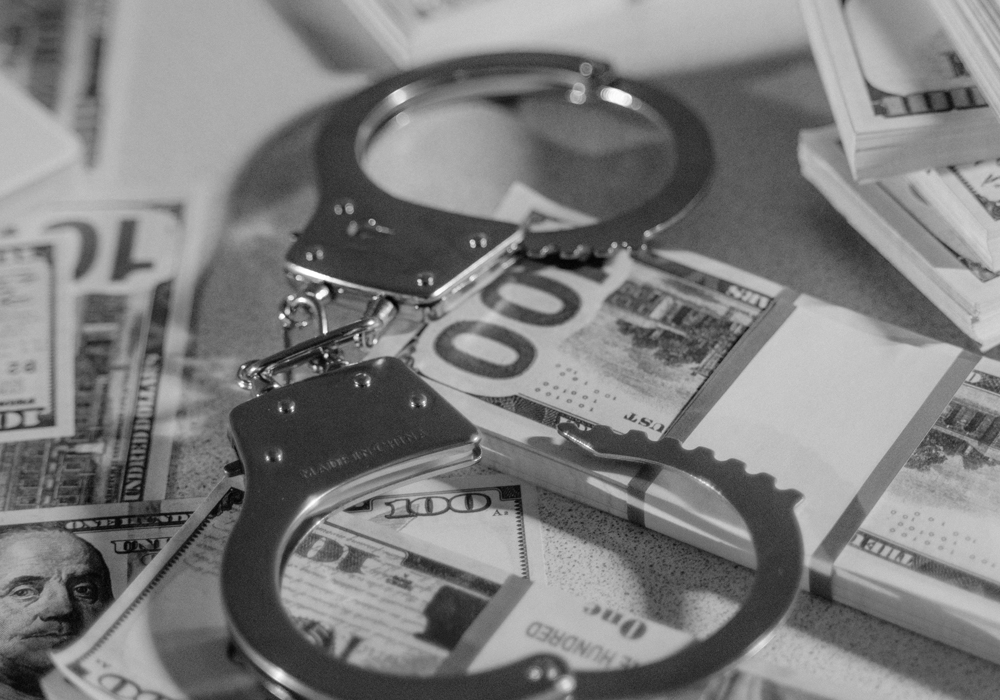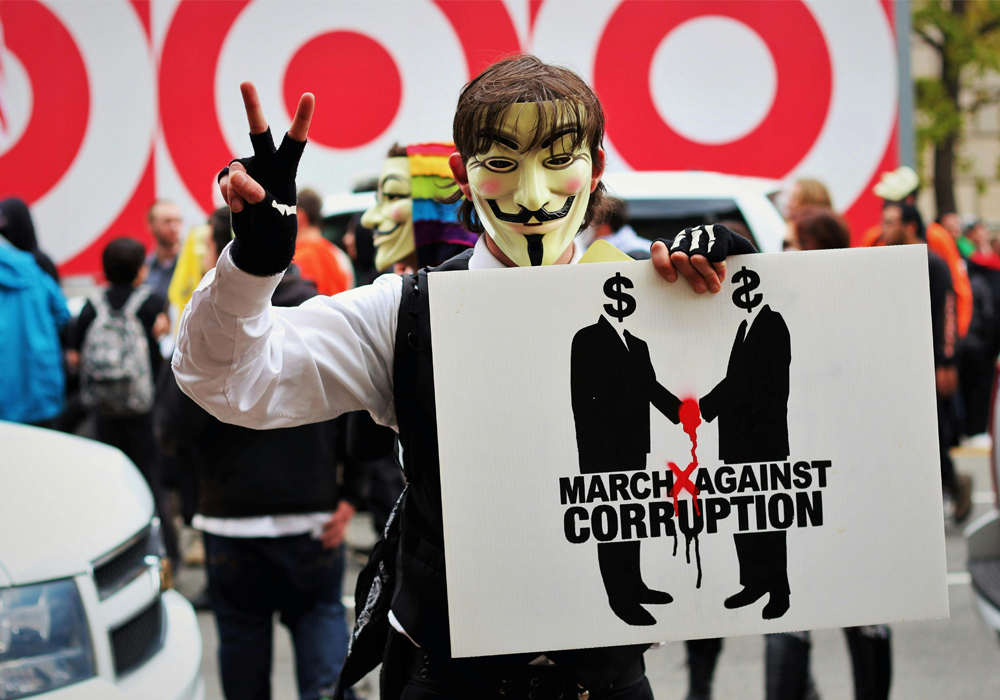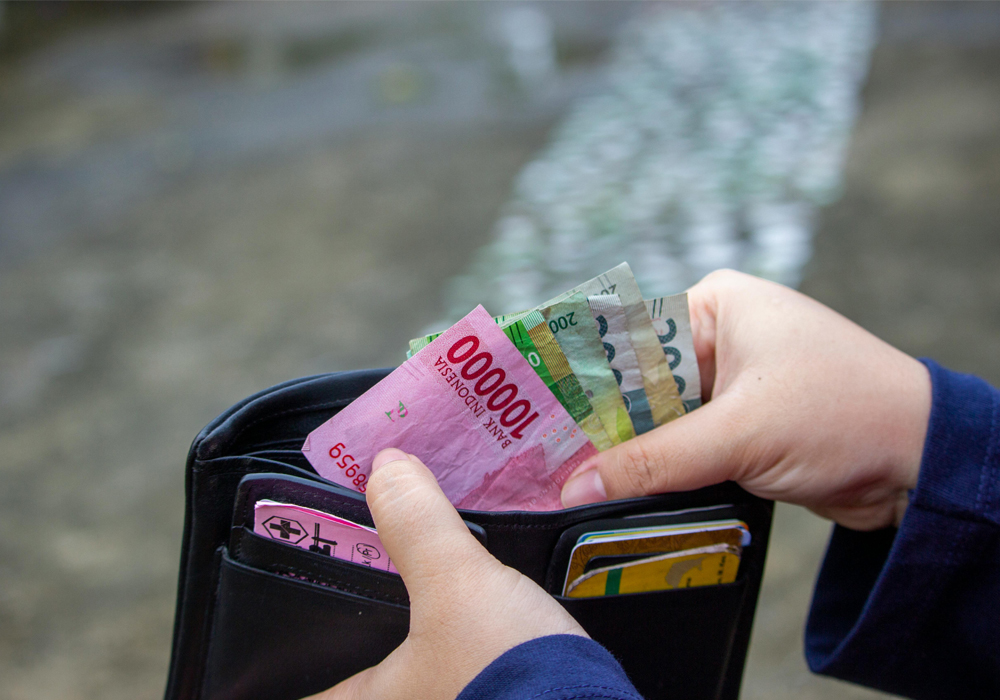Ah, corruption in Indonesia. It’s a topic that’s as complex and entrenched as a Jakarta traffic jam, but let’s try to navigate it with a bit of a wink and a smile, shall we? Because sometimes, all you can do is laugh to keep from crying.
How Massive is This “Big Project”?
If corruption were a game, Indonesia would be a pro player with a top-tier score. Just how massive is it? Think of it like a giant, invisible tax on everything. You want a permit? Pay a “facilitation fee.” You want to get ahead in a long line? There’s a “fast track” option available. It’s so widespread that it’s often seen as a standard part of doing business or interacting with the government.
For a more serious, number-based perspective, let’s look at the Transparency International’s Corruption Perceptions Index (CPI). The CPI ranks countries on a scale of 0 (highly corrupt) to 100 (very clean). In 2024, Indonesia was given a score of 37, placing it at 99th out of 180 countries. To put that in perspective, the average score for the Asia Pacific region was 44. So, Indonesia is below average, which in this case, isn’t a good thing. Think of it as getting a failing grade on a test. For more details, you can check out the data from Transparency International: Corruption Perceptions Index 2024 for Indonesia.

Is Corruption Just “How Indonesians Behave”?
The idea that corruption is just a “behavior of Indonesians” is a pretty grim outlook, and it’s not entirely accurate. It’s more a systemic issue that has become deeply ingrained over time. Think of it like this: If you’ve been using a broken-down road for decades, you learn to live with the potholes. You don’t like it, but it’s just how you get from A to B.
In Indonesia, corruption has become part of the “system,” not necessarily the “culture.” It’s a mix of institutional weaknesses, like ineffective laws and a lack of accountability, combined with a culture of pragmatism and even greed. Some academics have pointed out that a “deep-rooted culture of corruption” is a barrier, but it’s important to distinguish between a cultural trait and a widespread practice that people feel they have no choice but to participate in. People often pay bribes not because they want to, but because they have to in order to get things done.
Corruption in Indonesia – What Do Indonesians Think About It?
So, do people just accept this “pothole” on their daily commute? Not really. A lot of Indonesians are well aware of the problem and are pretty fed up with it. Public trust in institutions is often low, especially in law enforcement agencies that are supposed to be fighting corruption. The public’s skepticism is a major challenge for anti-corruption efforts. There have been many cases where the public’s hope in the Corruption Eradication Commission (KPK) has been challenged by various controversies.
The good news is that the widespread awareness and frustration create a strong desire for change. The public often becomes the biggest watchdog, reporting cases and demanding accountability.

Any Breakthrough Solutions?
The fight against corruption in Indonesia isn’t a single “Eureka!” moment but a long, slow climb. There have been some notable efforts and ongoing initiatives.
- The KPK (Komisi Pemberantasan Korupsi): This is the rockstar of anti-corruption efforts. Established in 2002, the KPK has been a beacon of hope, investigating and prosecuting high-profile cases involving government officials and businesspeople. They’ve had a lot of success, and their “sting operations” have become a source of both news and public fascination. However, the KPK’s independence and effectiveness have been a subject of debate in recent years due to legal and political challenges.
- Civil Society and Public Engagement: This is where the real heroes come in. Organizations like Indonesia Corruption Watch (ICW) act as tireless watchdogs, investigating cases, advocating for legal reforms, and empowering the public to get involved. They help expose corruption and push for greater transparency.
- Digitalization and Systemic Reform: The government has been trying to use technology to reduce face-to-face interactions that often lead to bribes. The goal is to create more transparent and accountable systems for things like permits and public services. For example, some government ministries have been implementing anti-bribery and anti-fraud systems to create a cleaner work environment.
In a nutshell, corruption in Indonesia is a big, serious problem, but it’s not a lost cause. It’s a daily battle that involves everyone from dedicated public servants to brave citizens. And while it might be tempting to just throw your hands up in despair, the ongoing fight shows that for many Indonesians, a cleaner and more transparent country is a dream worth fighting for, one laugh and one protest at a time.
